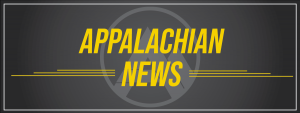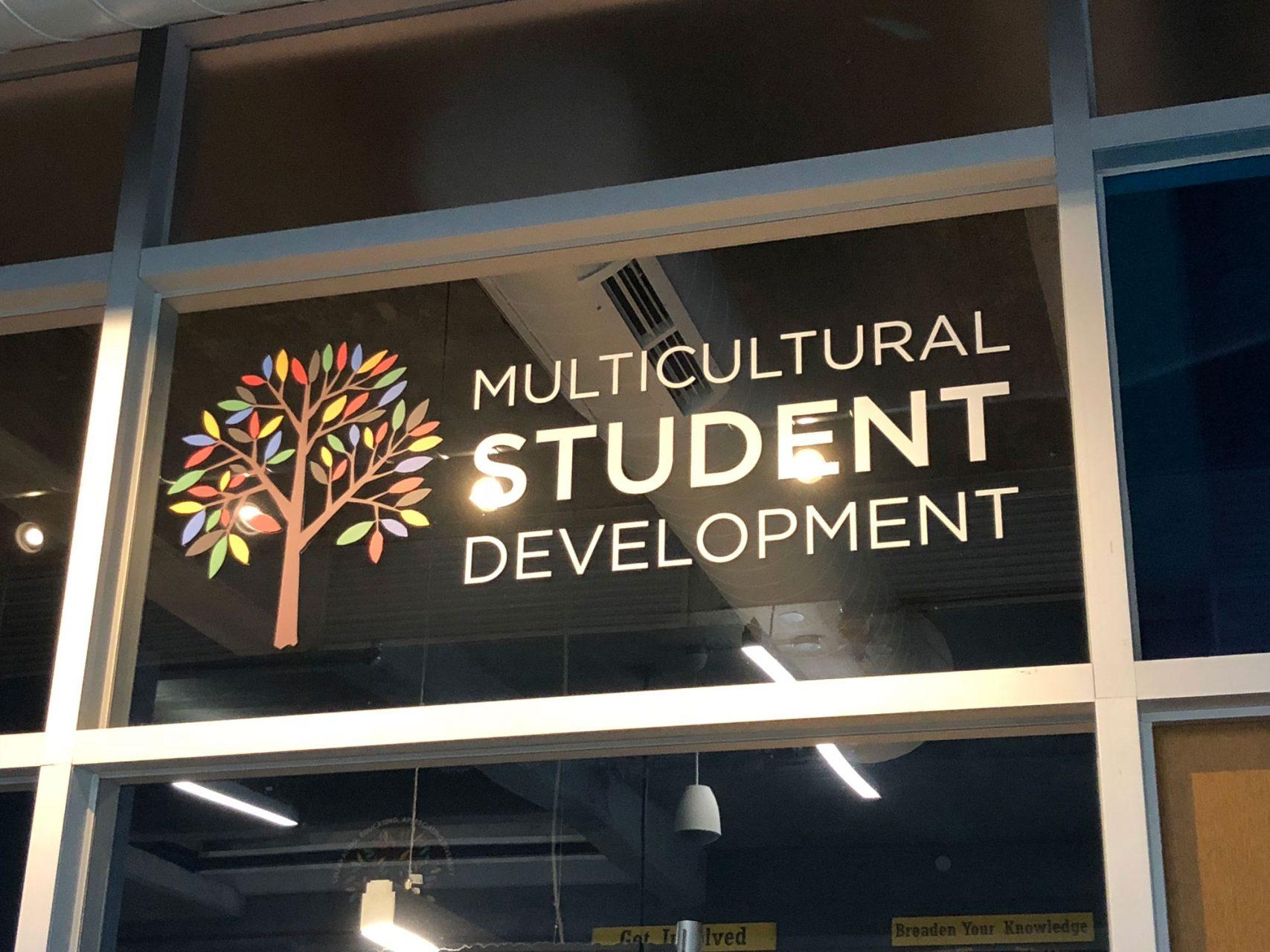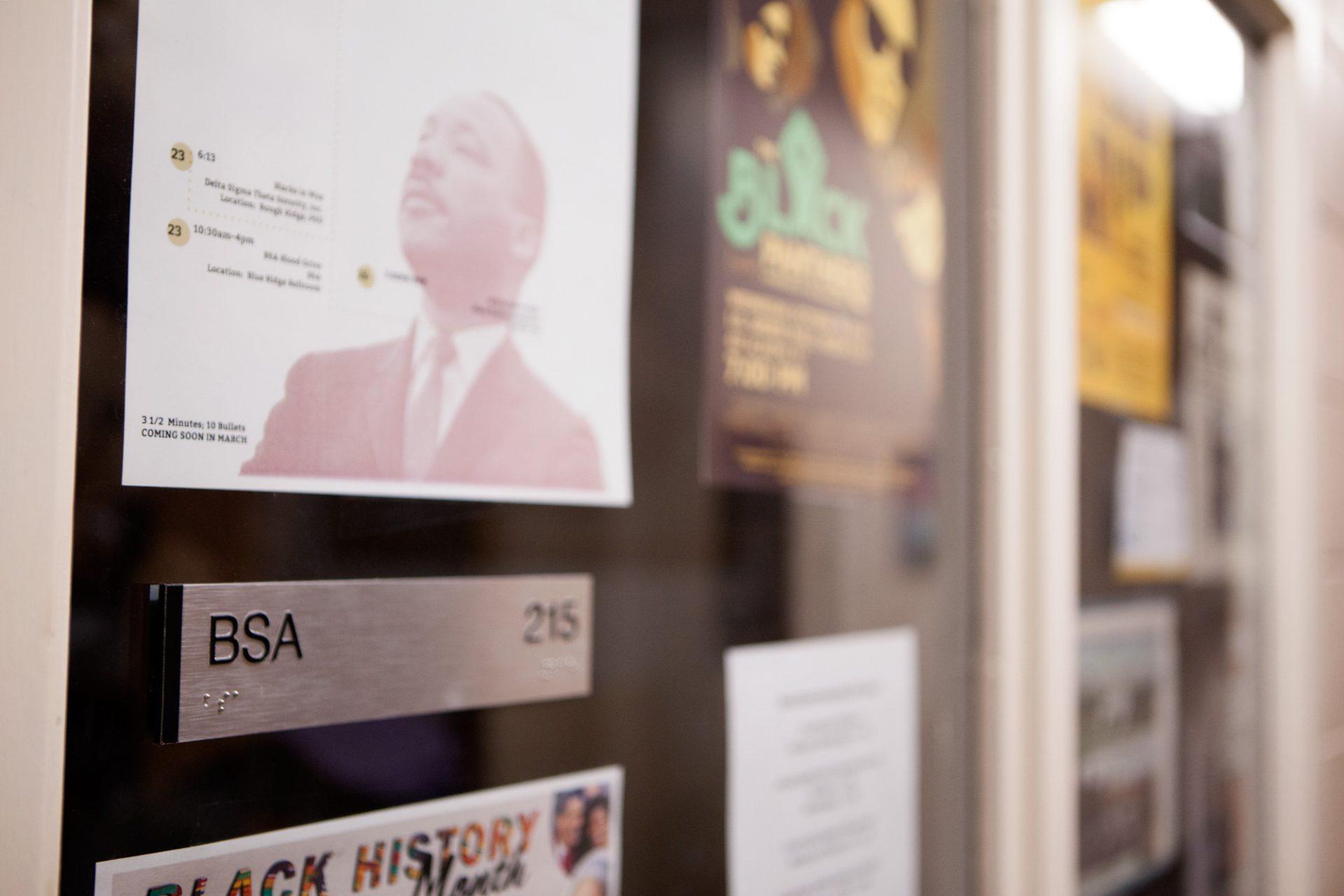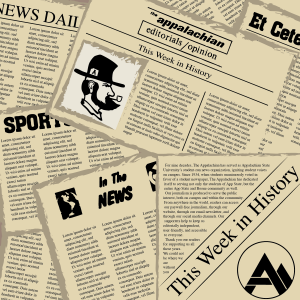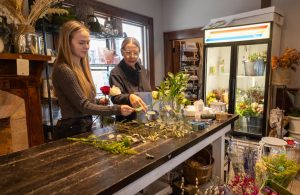Counseling Center creates space for marginalized communities, offers support and recovery
October 24, 2020
The Mountaineer community is comprised of 20,0000 students, of which 18% hold racially and ethnically underrepresented identities.To support all individuals’ needs, the Counseling Center and Wellness and Prevention Services have created virtual resources for Mountaineers who may be struggling within the context of their identities.
McKenzie Mack, senior elementary education major with a concentration in diversity studies, shared about her personal experiences. Mack loves Appalachian but struggles with the lack of representation on campus.
“As a human you like to be in familiar spaces, and when I’m in class and I’m the only person who looks like me, I’m the only Black person, I’m the only person of color at all, it can be kind of intimidating,” Mack said.
Kiauhna Haynes is a wellness trainee and substance misuse counselor. Haynes recognized the necessity of providing additional outlets for students this year and spoke with Alex Howard, director of Wellness and Prevention Services, about hosting a space for Black students to be heard and supported. After the meeting, Wellness and Prevention Services created virtual spaces for validation, healing and learning about self-care practices for students who identify as a part of the LGBTQ+ and BIPOC communities.
“Because (our identities are) seen within a marginalized realm within the context that we live in, having community is a really big part of joy and support, ” Haynes said.
Mack attends the Racial Trauma Healing Space and the Teacher Ed Black and Brown Student Connection meetings. The spaces provide her with relief and she described the meetings as the highlight of her month.
“Being a minority in a majority school is just tough. So, meeting up with people who get it, I feel like a weight is lifted off my shoulders when I leave the space,” Mack said.
Julia Montminy, graduate assistant for Leadership and Outreach in the ACT office, has attended the LGBTQ+ Connection Space. The zoom meetings provide her comfort in an otherwise difficult year.
“I am appreciative that there is a spot for people in the community to connect, especially during this time when people need community support,” Montminy said.
The virtual communities provide validation and normalization of what students may go through on a daily basis. In addition, laughter and the sharing of good experiences are heavily encouraged. The spaces are not just about sharing hardships, they are about building community and friendship.
In these spaces, students can share their voices from any location, even from the comfort of their home. Students in the meetings discuss ever-changing topics that prompt conversation and individuals are given the opportunity to discuss anything that is pressing to them.
Haynes said that these spaces are not meant to be a substitute for therapy or counseling, but are a place where students can connect with peers, listen to one another and share their experiences.
The gatherings include the Black Student Connection space, meeting next on Nov. 5 at 6:30 p.m., the LGBTQ+ Student Connection Space, meeting next on Nov. 12 at 5:30 p.m. and the People of Color Connection Space meeting next on Nov. 17 at 6 p.m.
The Collegiate Recovery Community is hosting the Black, Indigenous and People of Color Recovery Support Space every second and fourth Wednesday of each month from 4-5 p.m.
Currently, the gatherings are being held through Zoom and the links are accessible on Wellness and Prevention Services’s website as well as on Engage. These meetings will continue to be hosted in the spring.
“In a time where different identities you hold might feel invisible or invalidated, just stay true to who you are and connect to your people,” Haynes said. “Know that there are people on campus who really want to support you and even just talk, if that’s what you’re needing.”

